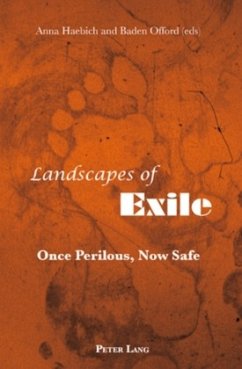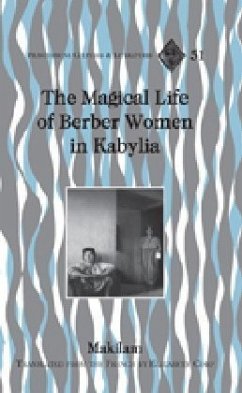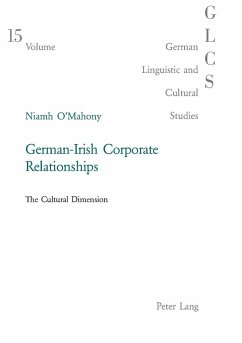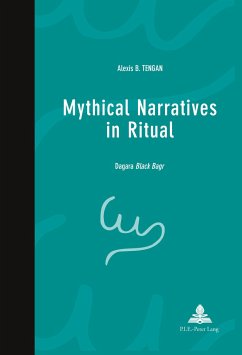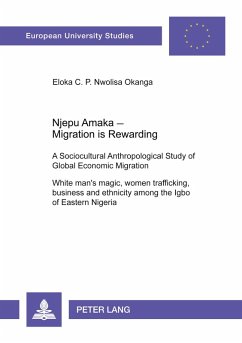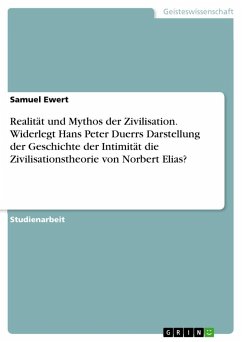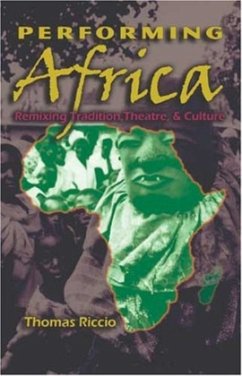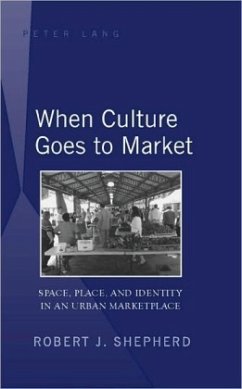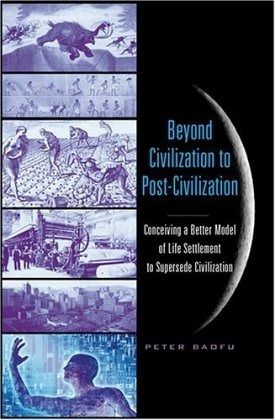
Beyond Civilization to Post-Civilization
Conceiving a Better Model of Life Settlement to Supersede Civilization
Versandkostenfrei!
Versandfertig in 6-10 Tagen
71,95 €
inkl. MwSt.

PAYBACK Punkte
0 °P sammeln!
The seemingly preposterous thesis that civilization is as evil and as good as barbarity and that civilization will not last is contrary to the conventional wisdom held by many in much of human history. Yet, one needs only to examine human history to see that almost all of the most inhumane chapters have been committed not by those in "barbaric" hunting/gathering societies, but by those in "civilized" agrarian, then industrial, and later post-industrial societies - all in the intoxicating name of "civilization." The very ideal of civilization seems in deep crisis. Is there something fundamental...
The seemingly preposterous thesis that civilization is as evil and as good as barbarity and that civilization will not last is contrary to the conventional wisdom held by many in much of human history. Yet, one needs only to examine human history to see that almost all of the most inhumane chapters have been committed not by those in "barbaric" hunting/gathering societies, but by those in "civilized" agrarian, then industrial, and later post-industrial societies - all in the intoxicating name of "civilization." The very ideal of civilization seems in deep crisis. Is there something fundamentally wrong with the civilizing process? The civilizational paradox disappears if it is understood that the more developed ("civilized") a permanent settlement is, the more "barbaric" it actually is. In the end, this failed civilizational project will eventually be superseded by what Peter Baofu calls "post-civilization" in future history in the civilizing process? The civilizational paradox disappears, if it understood one day that the more developed ("civilized") a permanent settlement is, the more "barbaric" it is at the same time. In the end, the civilizational project is a failed one, to be eventually superseded by what the author calls "post-civilization" in future history.



